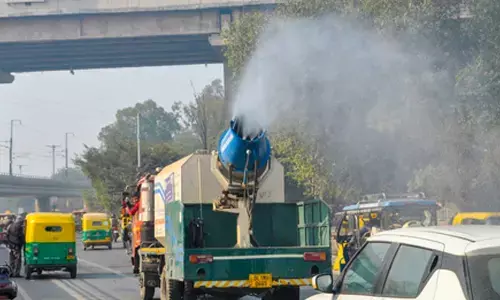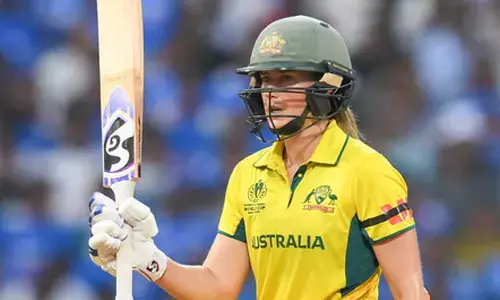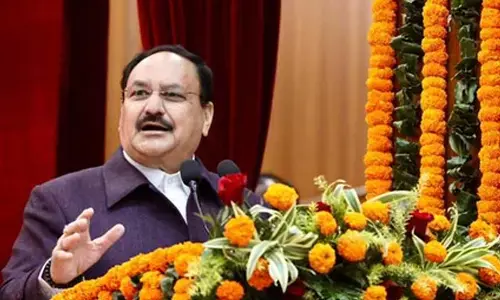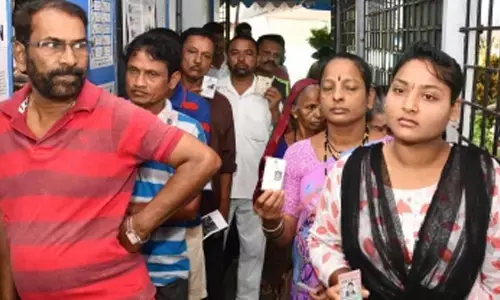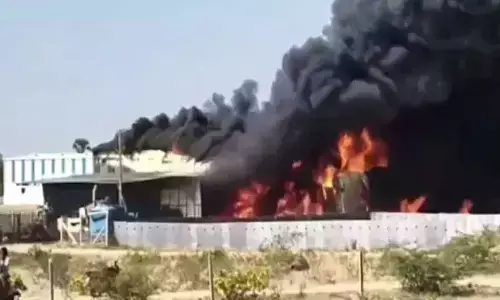Karnataka Intensifies Its Surveillance For Monkeypox
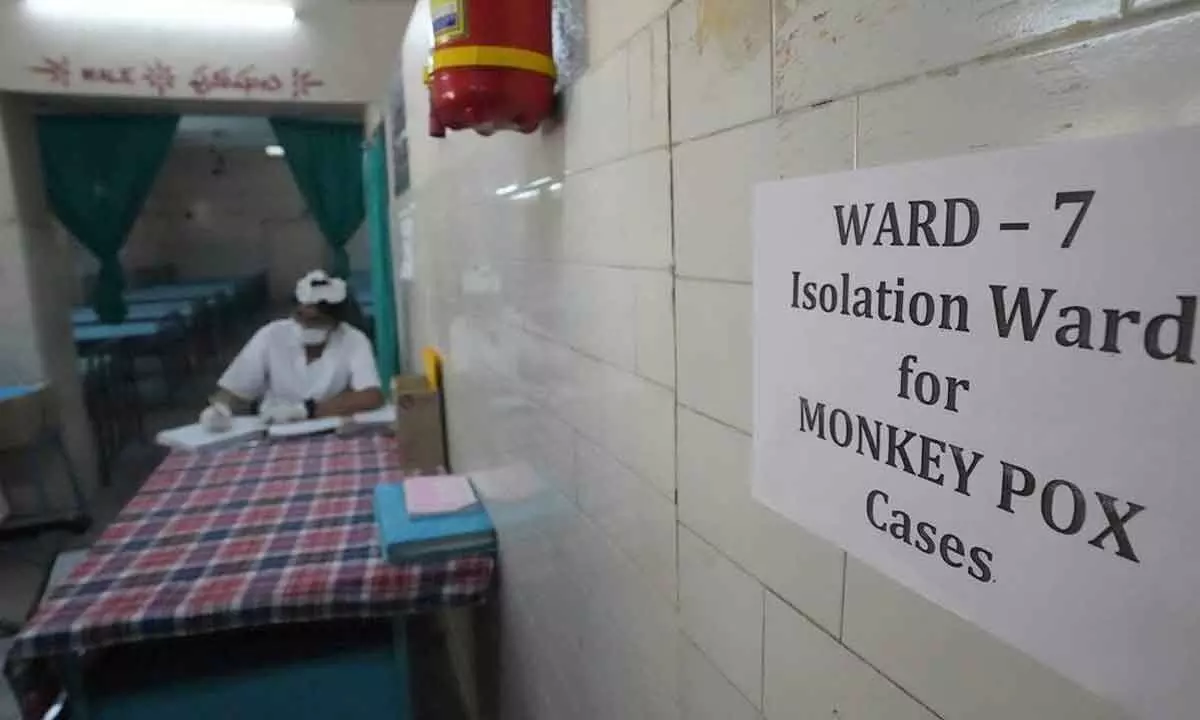
A health worker works at a monkeypox ward set up at a government hospital. (Representational image)
- The Kerala district of Kannur reported a confirmed second case of monkeypox in India on July 18, and the Karnataka government ordered the district health officials to step up surveillance efforts
- The circular explained that they should also get training on contact tracing and other surveillance activities that must be carried out after detection of a possible monkeypox case
The Kerala district of Kannur reported a confirmed second case of monkeypox in India on July 18, and the Karnataka government ordered the district health officials to step up surveillance efforts and maintain a high level of alertness on Thursday. The new case, a 31-year-old guy, arrived in Kannur on July 13 from Dubai.
The instructions given to the district authorities follow those published by the Technical Advisory Committee (TAC) on monkeypox and the Government of India (Gol) in May.
In a circular released by the state's health commissioner, Randeep D, it was stated that the District Health Officials/District Surveillance Officers have to ensure that the health screening teams at points of entry (PoEs) into the state, disease surveillance teams, and hospital doctors are to be re-oriented on the common signs and symptoms, diagnosis, case definitions, etc. of suspected/probable/confirmed monkeypox cases and contacts, reported The Indian Express.
The circular explained that they should also get training on contact tracing and other surveillance activities that must be carried out after detection of a possible monkeypox case, such as testing and other related IPC protocols and clinical management.
It further added that both hospital-based monitoring and targeted surveillance should be used to screen and test all suspected patients at points of entry and in the community. For at least 21 days and until all lesions have healed and the scabs have completely gone off, confirmed patients should be kept separated.
Meanwhile, in addition, the authorities have been told to allocate at least two beds in each district hospital for the isolation of suspected or confirmed cases of monkeypox, as well as to make sure that there are enough human resources and logistical assistance to handle such cases. Furthermore, samples should be delivered to Victoria Hospital's Department of Microbiology and Virus Research Laboratory for analysis.
Next Story


